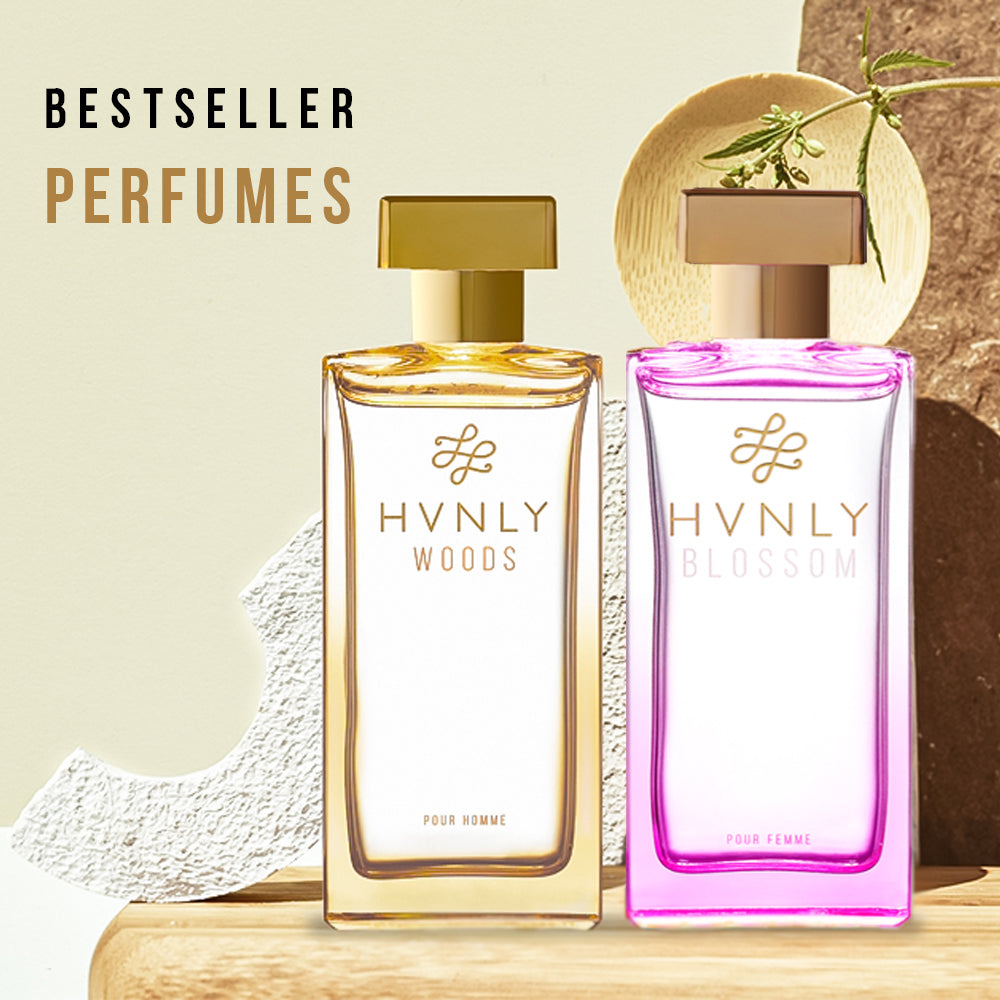Ever wondered why fragrances are used in rituals? Are they used as an offering to the deity alongside oil lamps? Is it merely a symbolic gesture? Or is there more to this practice than the obvious?
Historically speaking, fragrances have been used by cultures across the globe in their rituals, be it the Egyptians, Arabs, Indians, Japanese or Native Americans. In India, the use of fragrances in rituals mainly originates from the Vedas which taught us to revere fragrances as divine gifts. According to the Vedas, there are eight lofty natural scents which are part of the Vedic ‘Ashtagandha’, to be used during rituals. In today’s day and age, it may be difficult to obtain these natural substances in pure form, owing to non-availability, government mandated restrictions and prohibitive costs. They have therefore been replaced with synthetic copies and other variants in order to keep the traditions alive. Leaving these details aside, the question that comes to mind is - why did the Vedas postulate that fragrances are “divine gifts”?
It may interest you all to know that the ancient medical science of Ayurveda, which has its origins in the Vedas, recognised the therapeutic properties of natural fragrances. In fact, Ayurveda considers the use of aroma as an important tool for prevention of diseases and healing. Please recall what every doctor tells a patient - the first step in curing ailments is to believe that you are going to be cured. In other words, not losing hope and a strong belief works as a catalyst in the healing process, in addition to the medicines being administered by the physician. Could natural fragrances evoke a similar reaction in the human mind and body because of which Ayurveda advocates its use?
This brings us back to the original Q - why use fragrances in rituals at all? What exactly is the purpose and desired result? I have often asked these questions to many people. I couldn’t get a satisfactory answer for a long time as most individuals were simply immersed in taking part in the traditions and had never given a thought about carrying out a cause and effect analysis. I was, however, lucky to meet an old man in a remote village in the hills of Himachal, during one of my sojourns, who threw some light on the rationale behind this ubiquitous practice. I will attempt to summarise my discussion with him in a few lines.
There is a science behind the use of fragrances in rituals, wherein certain scents stimulate specific emotions or generate a therapeutic effect. It is akin to the sudden feeling of happiness that you get by eating chocolate (at least four chemicals - endorphins, serotonin, dopamine and oxytocin - are released in the brain). For instance, the smoke from burning incense sticks clears mild congestion in your nasal cavity and makes you breathe more freely. That is why sandalwood incense is lit during meditation sessions where enhanced breathing combined with mental focus helps in connecting the mind and body with the soul. Essential oils of sandalwood, lavender and nutmeg are known stress relievers while chamomile, rose, vanilla and orange blossom tend to calm agitated minds. Similarly, the scent of Agarwood stimulates passion and romance and is considered an aphrodisiac. People planning to tie the knot in the near future may please note!!
It is an irrefutable fact that fragrances have a positive effect on the ambience of a place. This augments the positive vibes in the location, which in turn gives a refreshing experience to the visitor. Therefore, while the purported use of scents in rituals maybe as a symbolic offering to the deity, the actual aim is a holistic healing experience for the devotees and visitors by promoting emotional and mental well-being. The fragrances used in ritual festivities relieve stress, boost energy and elicit relaxation. In a sense, it is ‘aromatherapy’ on a mass scale. Pause for a moment and digest this - if the fragrances used in ritualistic practices can have such beneficial effects on so many people - what a profoundly positive impact it can have when you use the same in your personal life! And for this, there is an array of perfumes readily available for your personal use, based on your personality and choice.
Having talked about the scents associated with festivities, I’m tempted to ask you all - the festival season is round the corner - so what have you planned, in addition to the routine arrangements? Have you thought of a new idea on how to make this festival season special for your near and dear ones? While I’m sure that there would be plans galore for each event, I would still endeavour to add a small suggestion to make the celebrations even more memorable. We have spoken extensively about the ability of perfumes to have a therapeutic effect while also enhancing the aura of an individual, location or event. This festive season, why not gift a bottle of perfume to yourself as well as your friends and relatives so that they associate the event with you and remember you whenever the festival is mentioned? On a lighter note, why not become the proverbial “Sharma ji ka beta”, who always sets the benchmark, by using/ gifting some bewitching perfumes for the upcoming festivals?
I have been using Hvnly perfumes for quite some time now, therefore I’m going to recommend their eclectic range of scents to be given as presents. Just for info - the curators of these perfumes use only natural oils, hence they are absolutely skin-safe. And their unique combination of fragrances make them perfect for all occasions, as per your choice.
Author: Sandipani Padhi


